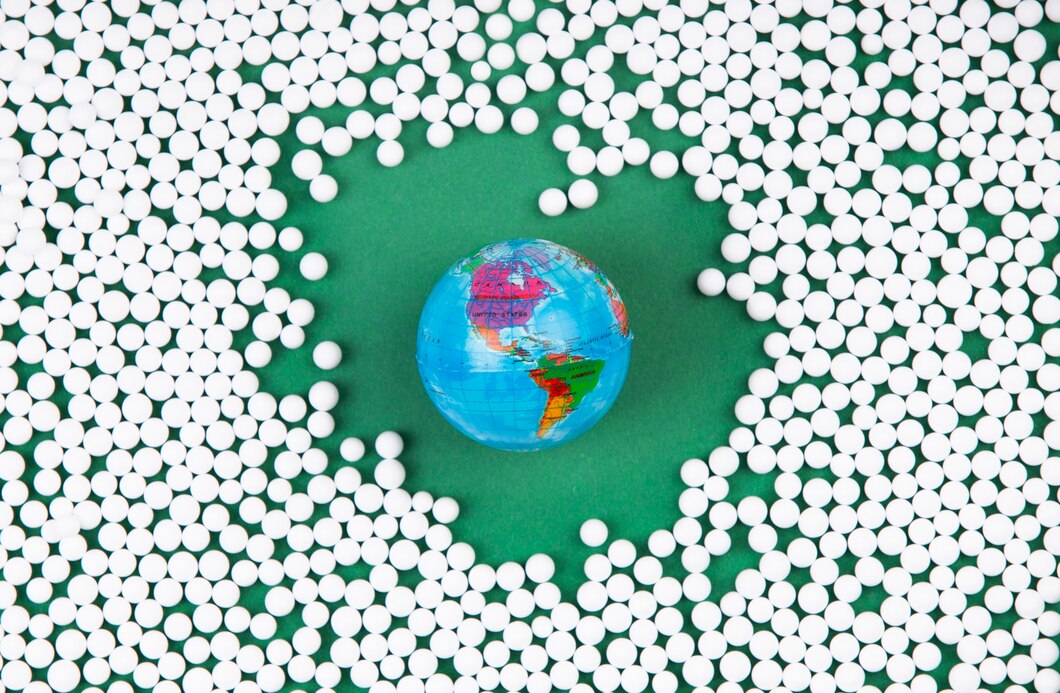Sustainability has become a critical consideration in the sugar industry, with consumers increasingly demanding ethically sourced and environmentally friendly products. Sustainable practices not only benefit the environment but also have a significant impact on sugar supply chains. We will explore how sustainable practices affect sugar supply chains from supply chain mapping and logistics. The role of ethical practices, transparency in sourcing, and collaboration opportunities.
Supply Chain Mapping
Supply chain mapping is essential for understanding the journey of sugar from farm to table and identifying opportunities for improvement. Sustainable sugar supply chains often involve multiple stakeholders. That includes farmers, processors, distributors, and retailers. Where each playing a crucial role in ensuring ethical and environmentally responsible practices. By mapping out the various stages of the supply chain, companies can identify potential risks, inefficiencies, and opportunities for optimization. This visibility enables stakeholders to make informed decisions, implement targeted interventions, and drive positive change throughout the supply chain.
Role of Logistics
Logistics plays a critical role in sustainable sugar supply chains, encompassing transportation, storage, and distribution processes. Efficient logistics practices not only minimize waste and reduce environmental impact but also ensure timely delivery and quality control. Optimizing transportation routes and reducing carbon emissions. Implementing sustainable packaging solutions are key strategies for improving the sustainability of sugar logistics. Investing in technologies such as blockchain and IoT can enhance traceability and transparency. It is to provide consumers with greater confidence in the integrity of the supply chain.
Impact of Ethical Practices
Ethical practices, such as fair trade certification, organic farming, and responsible labor practices. These have a profound impact on sugar supply chains. By adhering to ethical standards and certifications, sugar producers and suppliers can demonstrate their commitment. Consumers are increasingly prioritizing ethically sourced products, driving demand for sugar that is produced in a manner that respects human rights, labor rights, and environmental sustainability. As a result, companies that embrace ethical practices can gain a competitive advantage in the market and build trust with consumers. To learn more about the regulatory landscape for sustainable sugar production, read our blog post on regulatory landscape for sustainable sugar production.
Transparency in Sourcing
Transparency in sourcing is crucial for building trust with consumers and ensuring the integrity of the supply chain. Consumers want to know where their sugar comes from, how it was produced, and whether it meets ethical and environmental standards. Certifications from reputable bodies, such as Fairtrade, Rainforest Alliance, and USDA Organic, provide assurance that sugar has been sourced responsibly and ethically. By obtaining these certifications and providing transparent information to consumers, companies can differentiate their products in the market and meet the growing demand for ethically sourced sugar.
Impact on Purchasing Decisions
The growing consumer demand for ethically sourced sugar is influencing purchasing decisions across various demographic groups, including millennials, Gen Z, and older consumers. As these consumers become more aware of the social and environmental impact of their consumption habits, they are actively seeking out products that reflect their values and support ethical practices. The impact of consumer demand extends beyond individual purchasing decisions to broader market trends and industry practices. Companies that prioritize ethical sourcing and sustainability are increasingly gaining market share. Meanwhile competitive advantage fails to meet consumer expectations risk losing customers and damaging their brand reputation.
Collaboration Opportunities
Collaboration is key to driving sustainability and innovation in sugar supply chains. By working together, stakeholders across the supply chain can share knowledge, resources, and best practices to address common challenges and achieve shared goals. Collaborative initiatives, such as industry partnerships, multi-stakeholder platforms, and supply chain transparency projects, can facilitate dialogue and cooperation among producers, suppliers, retailers, NGOs, and governments. These collaborations create opportunities for collective action and systemic change, leading to more sustainable and resilient sugar supply chains. To understand the role of certifying bodies in ethical sugar sourcing, read our blog post on certifying bodies for ethical sugar sourcing.
Conclusion
In conclusion, sustainable practices have a profound impact on sugar supply chains, from supply chain mapping and logistics to the role of ethical practices, transparency in sourcing, and collaboration opportunities. By embracing sustainability, companies can enhance the resilience, efficiency, and integrity of their supply chains while meeting the growing demand for ethically sourced sugar products. As consumers continue to prioritize sustainability and social responsibility, companies that lead the way in sustainable sugar production will be well-positioned to succeed in the marketplace and contribute to a more sustainable future.

